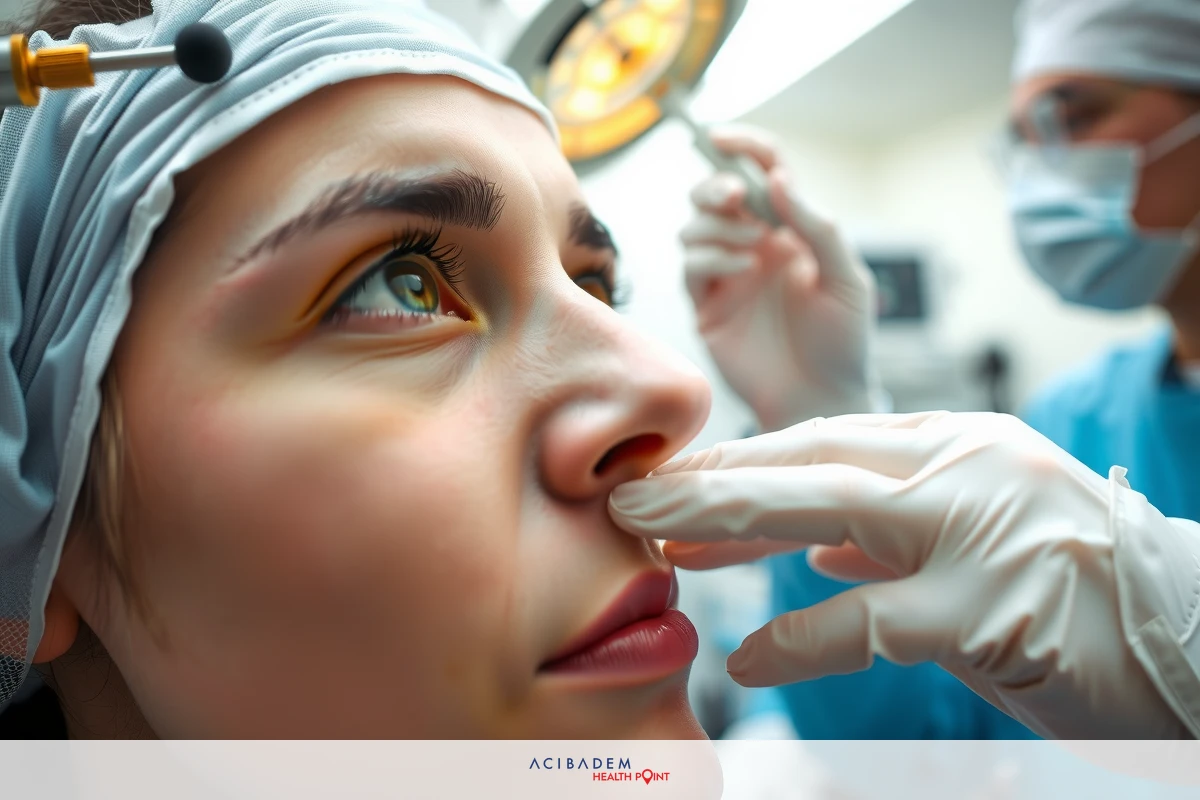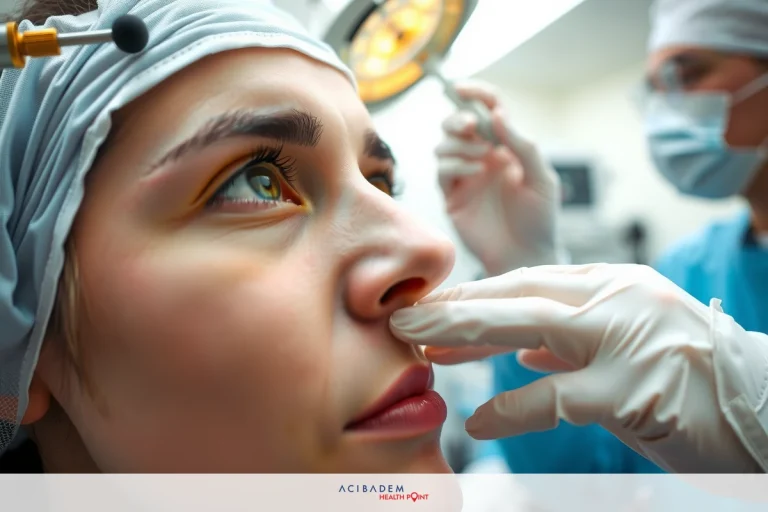Why Do My Teeth Hurt After Rhinoplasty
Why Do My Teeth Hurt After Rhinoplasty Rhinoplasty, a reshaping of the nose, can sometimes result in an unexpected outcome – tooth pain. This phenomenon puzzles many patients who anticipate nasal discomfort but find themselves dealing with dental distress instead. Following rhinoplasty surgery, the body initiates a complex healing response; during this time, it’s not uncommon for referred pain to occur as nerve pathways connect various areas of our face and head.
Understanding why toothache occurs post-rhinoplasty is crucial for both managing expectations and planning effective recovery strategies. The intricate network of nerves within our facial structure often plays a role in this surprising side effect. Alongside comprehending these causes, learning about preventative measures and management techniques forms a foundation for smoother recovery periods after such surgeries.
Causes of Tooth Pain After Rhinoplasty
Rhinoplasty, despite being a surgical alteration to the nose structure, can surprisingly lead to tooth pain. This pain is often due to an intricate network of nerves that connect various areas of our face and head. When these nerves incur trauma during surgery, they can send signals causing referred pain in locations distant from the actual site of injury – including the teeth.
The maxillary sinus cavity sits just above your upper teeth and shares some nerves with them. During rhinoplasty, there’s a chance this cavity could be affected or irritated, which may result in discomfort felt within your upper dental region as well. Furthermore, swelling post-surgery might put additional pressure on these areas leading to further discomfort.
General anesthesia used during rhinoplasty also plays its part in contributing towards potential tooth pain after surgery. The intubation process involves inserting a tube down one’s throat for airway management; this can sometimes cause accidental damage or stress to oral structures possibly precipitating dental sensitivity or discomfort later on.
Lastly, its important not to overlook other factors such as personal susceptibility towards referred nerve pain or prior existing dental issues that could potentially exacerbate under stress from surgery.
Preventing Tooth Pain After Rhinoplasty
Experiencing tooth pain after rhinoplasty can be a jarring and unexpected side effect. However, there are several proactive steps one can take to minimize or even prevent this discomfort during the recovery period.
Pre-existing Dental Issues: Addressing any dental issues before surgery is vital. Unresolved cavities or gum diseases could amplify post-surgery discomfort in your teeth.
Maximize Oral Hygiene: Maintaining good oral hygiene leading up to the procedure can also help reduce potential causes for dental sensitivity afterwards.
Educate Yourself About Anesthesia: Understanding how anesthesia works and its possible effects on your mouth might better prepare you for what to expect post-procedure.
Post-Surgical Care: Steer clear of hard foods and opt for softer options instead immediately following surgery. This strategy helps avoid straining sensitive areas which may have been affected during surgery.
Remember, every individual’s body reacts differently to surgical interventions; therefore, these preventative measures might not completely eliminate tooth pain but they will certainly aid in minimizing it significantly

making your recovery process smoother overall. Why Do My Teeth Hurt After Rhinoplasty
Managing Pain
While preventative measures can significantly minimize the risk of experiencing tooth pain following rhinoplasty, some discomfort might still occur. When it does, knowing how to manage and alleviate this discomfort becomes crucial for a smoother recovery process.
Analgesics: Over-the-counter pain relievers can be beneficial in managing mild to moderate post-operative toothache.
Warm Saltwater Rinse: A warm saltwater rinse is soothing and promotes healing by reducing bacteria in your mouth.
Cold Compresses: Applying cold compresses externally on the cheek area near the painful teeth can provide temporary relief from discomfort.
Consulting Professionals: Persistent or severe toothaches following rhinoplasty should prompt consultation with your surgeon or dentist. They may prescribe stronger pain medication or suggest other treatments based on their assessment of your condition.
It’s important to remember that while these methods offer symptomatic relief, they don’t address underlying factors causing the post-rhinoplasty dental distress. Therefore, regular follow-ups with your healthcare provider are essential to monitor recovery progress and adjust management strategies accordingly.
Frequently Asked Questions
Is tooth pain a common side effect after rhinoplasty?
While it's not the most common side effect, some patients do experience tooth pain after rhinoplasty due to shared nerve pathways in the face and head.
How long does post-rhinoplasty toothache typically last?
The duration of tooth pain can vary among individuals but generally subsides as swelling diminishes and healing progresses over the first few weeks post-surgery.
What should I do if my toothache persists or intensifies following rhinoplasty?
Persistent or worsening dental discomfort after surgery warrants consultation with your healthcare provider. They may recommend stronger medication or further investigations to ascertain an underlying cause.
Can any measures prevent toothache associated with rhinoplasty?
Yes, several steps like addressing pre-existing dental issues before surgery, maintaining good oral hygiene, being well-informed about anesthesia effects, and proper post operative dietary choices can help minimize potential for post-rhinoplasty dental discomfort.











